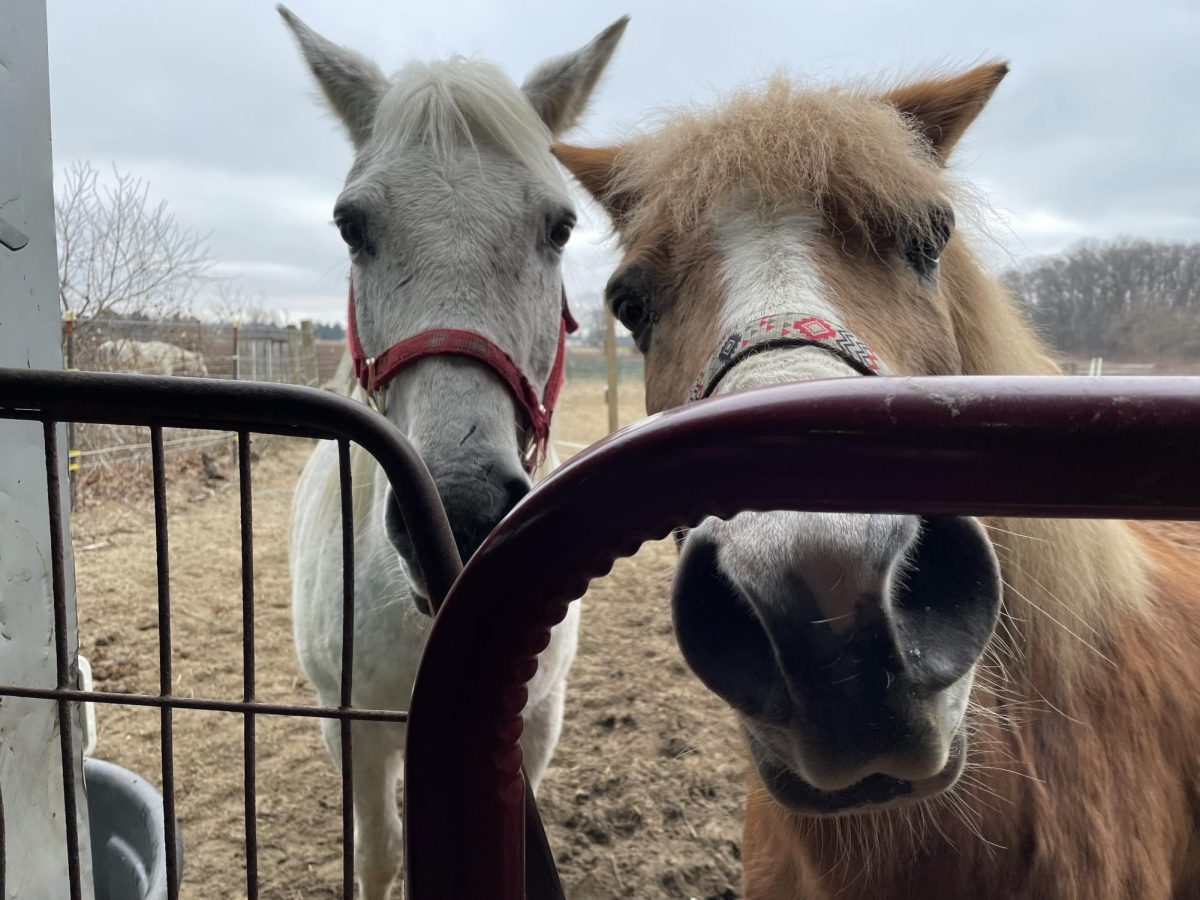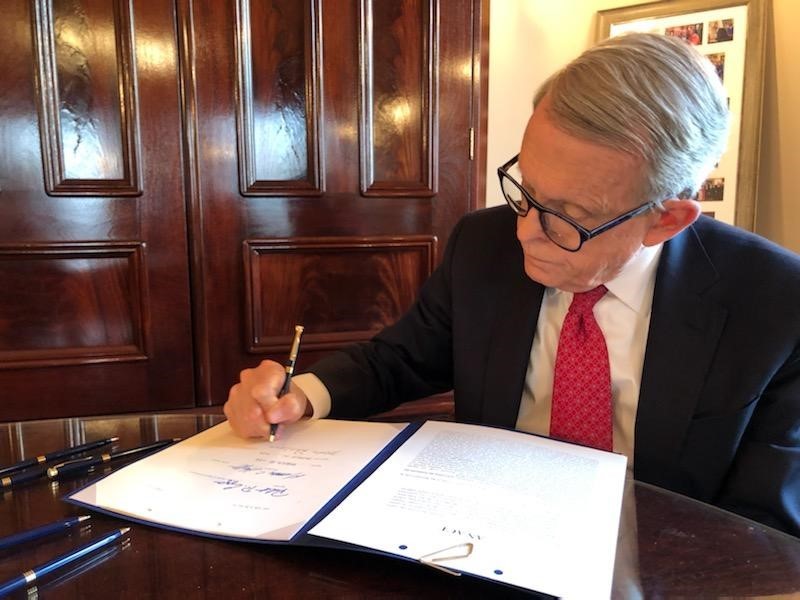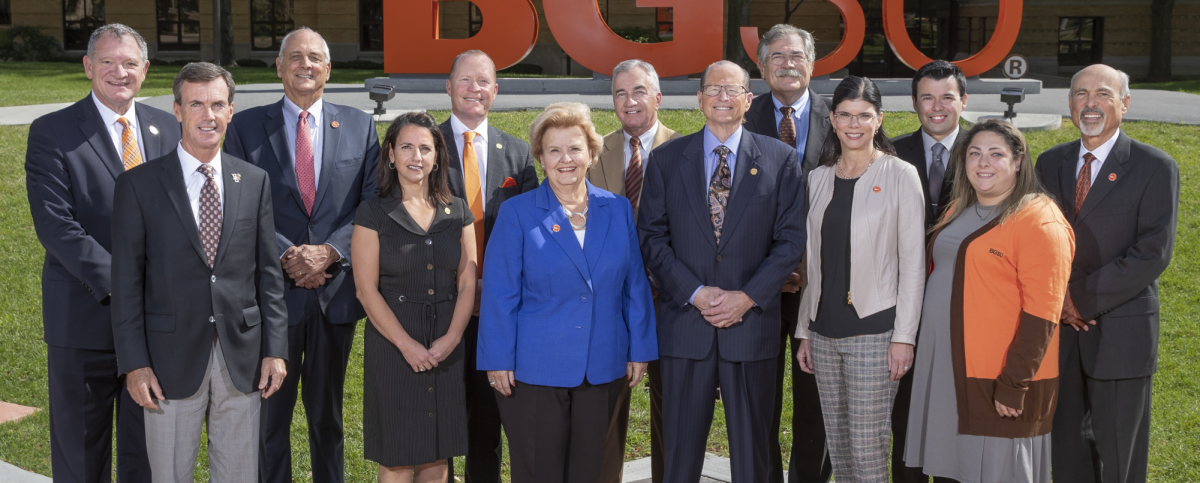With an unstable job market, tenure at the University offers faculty members job security.
According to the Office of Institutional Research, out of 795 full-time faculty members, 405, or 50.9 percent, are tenured at the University as of Jan. 10. An additional 16.1 percent are on the tenure track, which means they are an assistant professor who will be eligible for tenure after completing the process.
“It is just a very stressful period because it is a period of uncertainty,” said Ronald Lancaster, associate professor in computer sciences. “If you get tenured, then that is basically job security. But if you don’t get tenure, that means you simply can’t continue on at all. So you don’t know ‘Will I have a job in a year or will I not?’ That level of uncertainty is very difficult.”
Lancaster, who went through the process more than 30 years ago, said beyond job security, tenure allows professors to research or teach in areas that are controversial.
“One of the benefits of tenure is that the discussion of unpopular topics does not put your job at risk,” Lancaster said. “Tenure is supposed to eliminate that kind of impediment to free inquiry.”
Chair of Faculty Senate Ronald Shields said as far as he is concerned, job security is the least important element of tenure.
“[Tenure] is an important part of faculty life,” Shields said. “It guarantees a level of quality work within given programs, and it is a recognition of excellence.”
Shields said that an individual with tenure is expected to perform, in a productive way, to ensure the quality of instruction, research and service.
There are consequences if an individual is not doing their job.
“Tenure is not forever. If you don’t have a good job performance, tenure can be revoked,” Shields said.
The University Charter states that tenure can be revoked through death, retirement, discontinuance of the position for financial reasons, not accepting a teaching assignment for the next ensuing academic year or termination for adequate reasons.
Dean of the college of musical arts Richard Kennell said the tenure track typically happens during a period of six years. After the first three years of being hired, there will be a mid-course review of the individual’s portfolio.
At this time, feedback is provided to help the assistant professor prepare for the next review in three years which decides whether or not an individual is given tenure.
“So these reviews don’t happen in a vacuum — there is annual input from department chairs [and] there’s peer reviews of teaching. There are all kinds of opportunities for input along the path to tenure,” Kennell said.
He said the tenure process includes a review by tenured members of the department, a review by the chair of the department, a review by the dean of the college and then a review by the Provost. The provost then forwards his own review to the Board of Trustees.
Lancaster said the many levels of the evaluation process contribute to stress.
“At any level something can go wrong and you are aware of this,” Lancaster said. “It is quite stressful.”
After obtaining tenure, an assistant professor will be promoted to associate. An associate professor can then apply to be a full professor.
“Tenure is what gets you the benefits of the continued employment, and if you want to advance from a associate professor to a full professor, then there is another review where you document your continued scholarship and successful teaching record,” Kennell said.
Lancaster, who never applied to be a full professor, said the promotion involves the same amount of effort to obtain as tenure but not as much stress.
“It is a big difference because if you don’t get promoted, you still have a job. But if you don’t get tenure, you don’t,” he said. “So right there is a big, big difference in stress level.”
Kennell said that while tenure can be stressful, it is a goal to work for.
“Obviously it is important. And with anything important that people care about, it is going to increase the level of stress involved with it because they care about it,” he said. “I don’t think its a pain-free process, but it is one that people take seriously and work hard at.”













